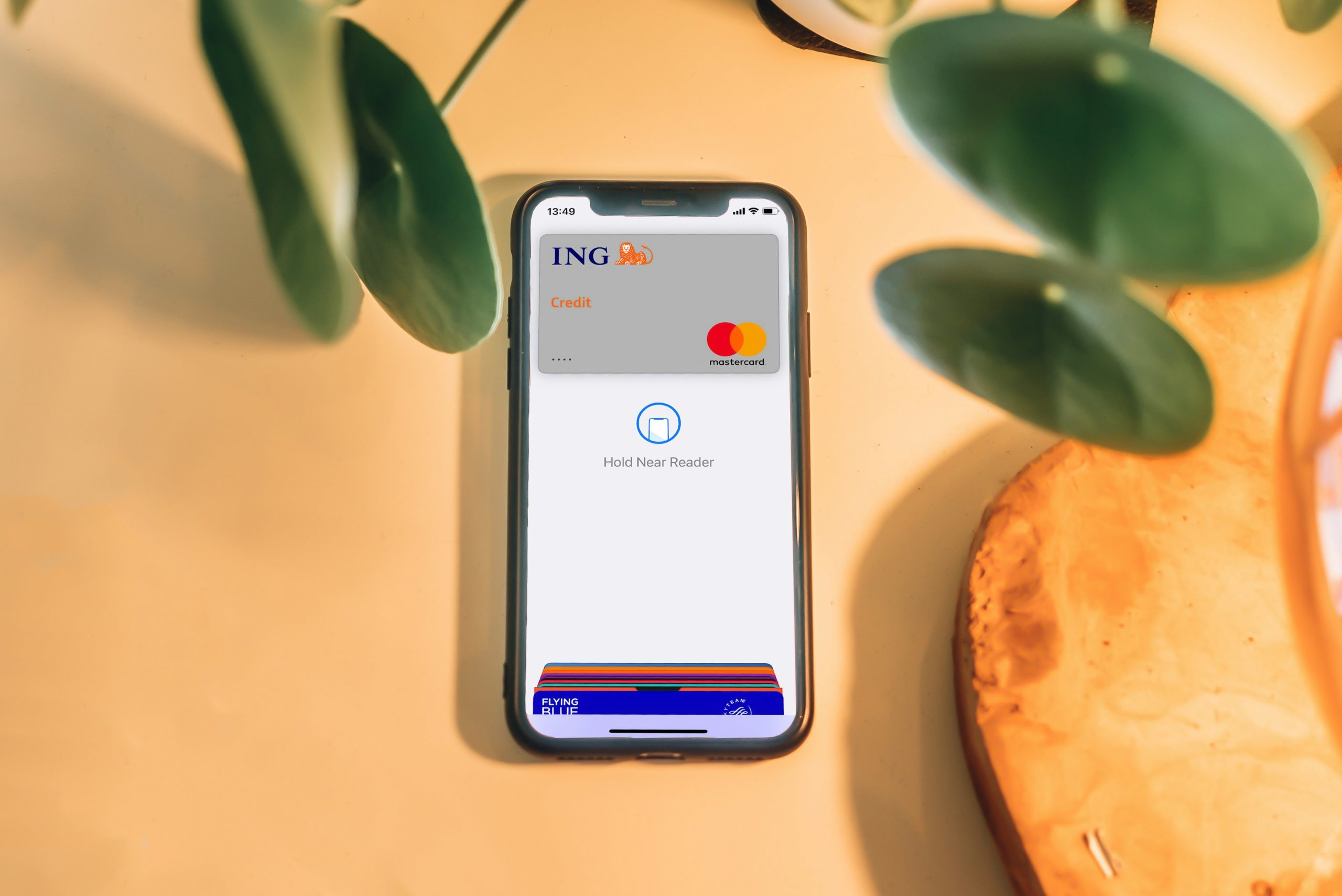
Following Mercury’s sudden compliance changes on Monday, which will result in the closure of accounts for users in thirteen African countries by August 22, 2024, African fintech companies are actively courting affected startups. Raenest, Leatherback, and Vesti are among the firms seizing this opportunity to attract founders looking for reliable banking partners to manage their operating capital.
Swift Response from African Fintechs
Since Mercury’s announcement, these fintech companies have seen a surge in interest from displaced founders. Ibitade Ibrahim, CEO and founder of Leatherback, noted a significant uptick in inquiries: “My LinkedIn has been blowing up since the announcement, even without any moves from my marketing team.” Leatherback is currently engaging with 50 startups looking to establish U.S. banking accounts.
Raenest and Graph have launched aggressive marketing campaigns on social media and tech publications to attract new clients. Victor Alade, CEO of Raenest, highlighted their unique offerings: “We also offer perks like same-day onboarding with two free USD cards and no charge on international transfers within the first two months.”
The Appeal of Reliability
While these perks are enticing, some startups have opted for Brex, another U.S.-based banking provider, due to concerns over the reliability of newer fintech options. An e-commerce founder who switched to Brex expressed the critical need for stable banking services: “It is more of an access issue for us. I chose a bank that can keep the lights on. We cannot afford to abruptly lose access to our accounts.”
Establishing Trust and Stability
To build trust, fintech companies like Leatherback emphasize their solid partnerships with U.S. banks. Ibitade Ibrahim mentioned that Leatherback is regulated in about seven countries and has 60 partnerships with local banks in America and India. “With Community Federal Savings Bank, one of our local partner banks in America, we spent two years demonstrating that we have standard KYC and KYB processes and transaction monitoring process, giving them enough comfort.”
Future Uncertainty
While some startups have begun transitioning away from Mercury, it remains to be seen whether these fintech alternatives can capture a significant portion of the market. Executives from these alternative providers indicate that it may be too early to determine whether affected founders will favor local options over established U.S. banking solutions.
Conclusion
Mercury’s exit from the African market has opened the door for fintech companies like Raenest, Leatherback, and Vesti to offer alternative banking solutions. As these startups work to establish trust and reliability, the true impact of Mercury’s departure on the African fintech ecosystem will unfold in the coming months.
